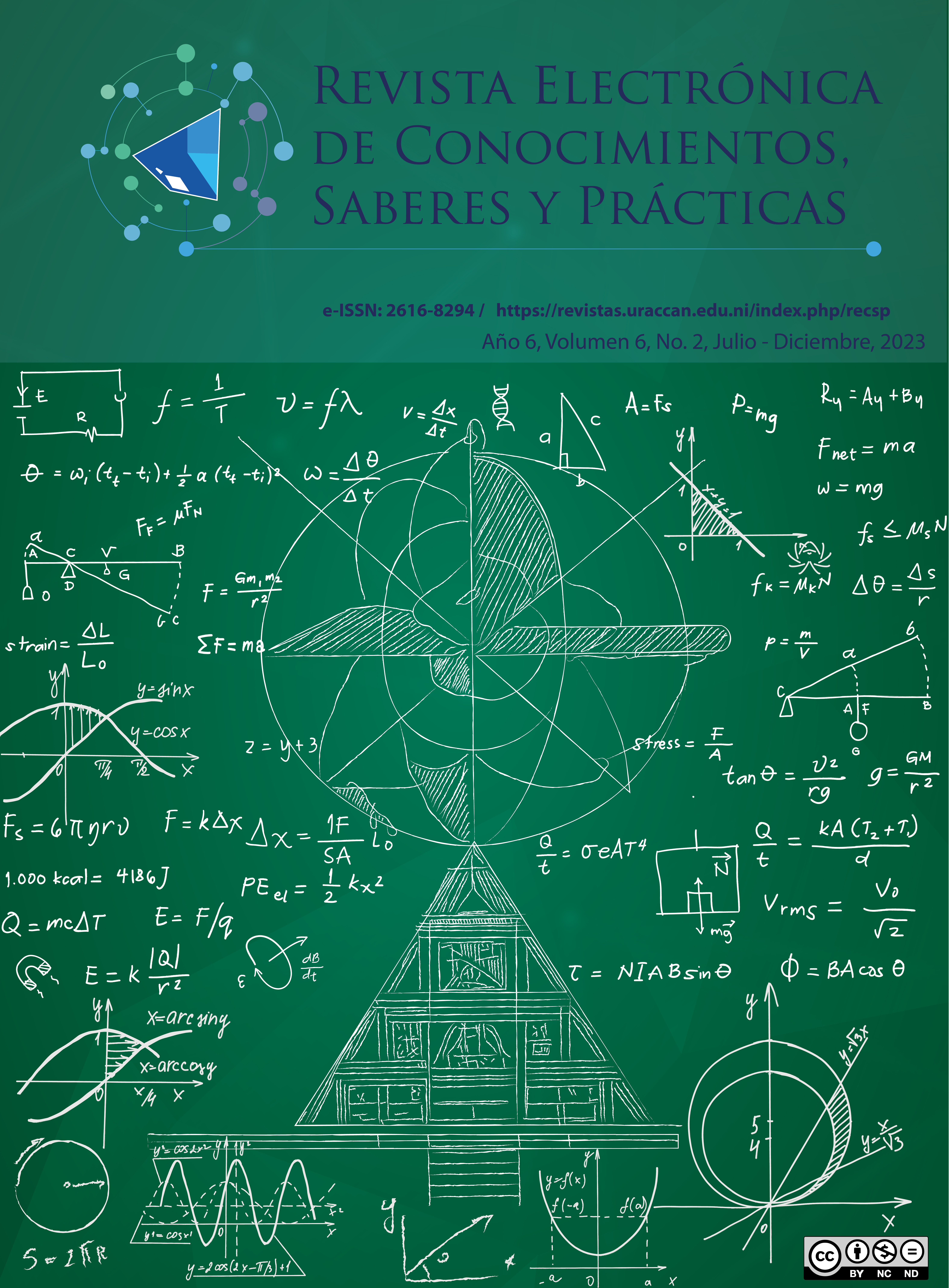Efficacy, attitudes, and experiences of interculturality of the administrative staff of URACCAN: A correlational and factorial study
DOI:
https://doi.org/10.5377/recsp.v6i2.18481Keywords:
attitudes, intercultural education, educational efficiency, universitiesAbstract
This article reports the analysis of the factor scale of the intercultural effectiveness index in the administrative staff of URACCAN University, consisting of 32 Likert-type items with five alternatives. The scale was applied to a total of 106 people belonging to the administrative staff of the different university campuses and extensions, men, and women between the ages of 22 and 58 years. The reliability of the scale has a high percentage, 92.1%. This indicates that it can be interpreted that all the items measure indicators of interculturality and that they effectively favor their measurement. The main objective of applying the scale is to determine the level of effectiveness, attitudes, and experiences towards interculturality related to sex, ethnicity, and location in the administrative staff of URACCAN. The general scale is structured in three dimensions; DEI (Dimension-Effectiveness-Interculturality), DAI (Dimension-Attitude-Interculturality), DE This indicates that they can be interpreted and all the items measure indicators of interculturality and that they effectively favor their measurement.
The main objective of applying the scale is to determine the level of effectiveness, attitudes and experiences towards interculturality related to sex, ethnicity and location in the administrative staff of URACCAN. The general scale is structured in three dimensions; DEI (Dimension-Effectiveness-Interculturality), DAI (Dimension-Attitude-Interculturality), DEI (Dimension-Experience-Interculturality). It is important to mention that the major results reflect that 45.6% were in the negative range “Indifferent” and 39.6% were positive “Agree”. This is a global feeling for all university campuses and their extensions.
Downloads
259
Resumen.mp3 (Español (España)) 73
Abstract.mp3 (Español (España)) 61
Published
Versions
- 2024-10-16 (2)
- 2024-06-26 (1)
How to Cite
Issue
Section
License

This work is licensed under a Creative Commons Attribution-NonCommercial-NoDerivatives 4.0 International License.
At the moment in which a work is accepted for publication, it is understood that the author gives the Electronic Magazine of Knowledge and Practice (RECSP) exclusive rights of reproduction, distribution and sale of his manuscript for exploitation in all countries of the world in paper magazine format, as well as in any other magnetic, optical and digital media. The authors will also transfer to RECSP the rights of public communication for its dissemination and exploitation through Intranets, Internet and any wireless portals and devices decided by the publisher, by making available to users for online consultation of its content and its extract. , for printing on paper and / or for downloading and filing, all in the terms and conditions that appear on the website where the work is housed. In turn, the RECSP authorizes the authors of the works published in the journal to offer a copy of these works once published on their personal webs or in any open access repository. Together with this copy, a specific mention of the RECSP must be included, citing the year and the number of the journal in which the article or research note was published and adding, in addition, the link to the RECSP website.

